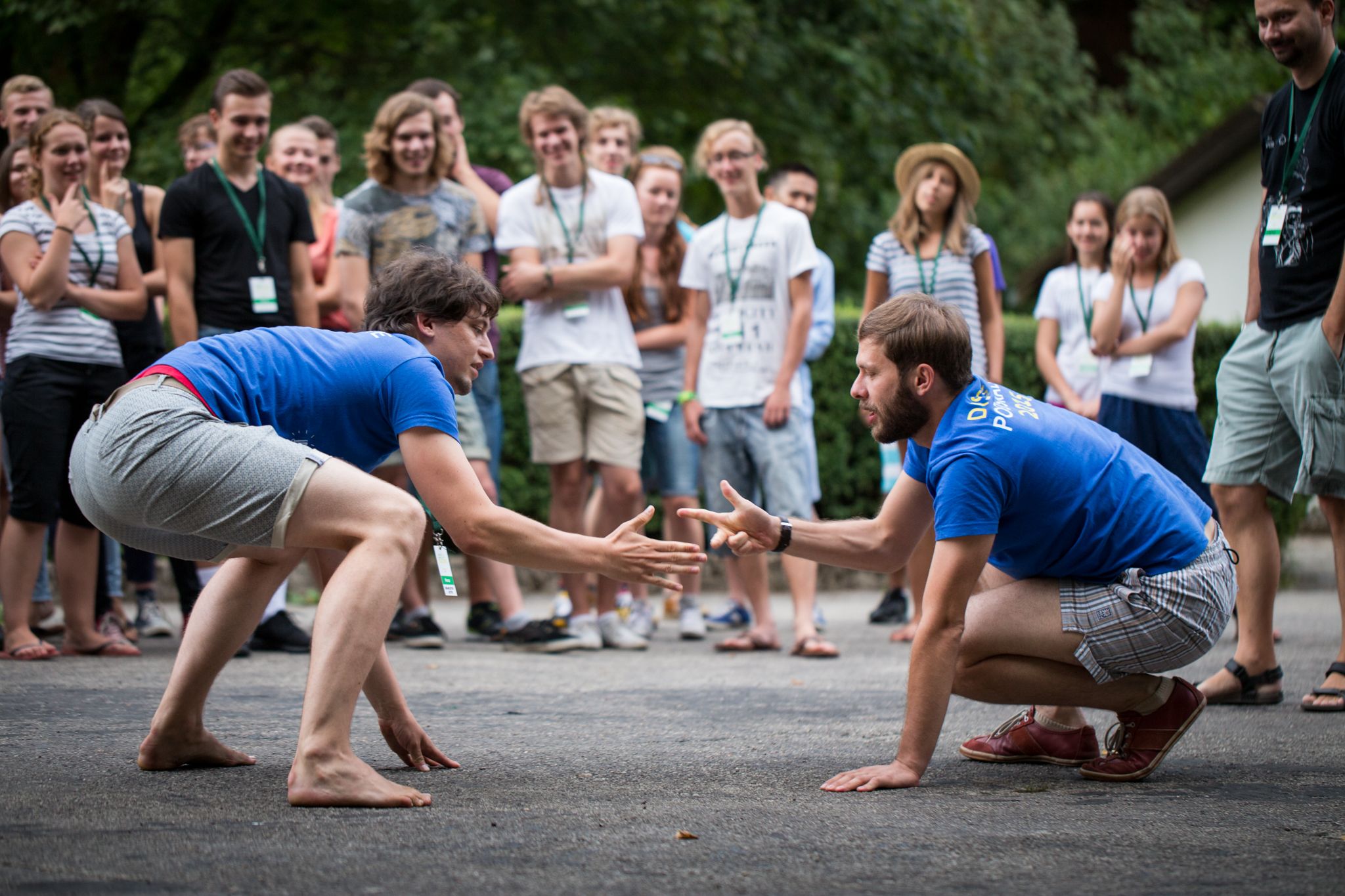Matěj Bajgar
Matěj Bajgar
|
Matěj Bajgar comes from Tišnov. He graduated from the IES with a Bachelor's Degree in 2009. He earned his Master´s at Oxford, and later a PhD at the same university. During his Master´s studies, he focused on developing economics, and in his doctoral thesis he examined the impact of globalization on the performance of companies in emerging economies. While studying at Oxford, he also spent three months as a visiting scholar at Stanford University. Currently, Matěj lives and works in Paris as an Economist at the OECD. He has also worked as a trainee at the European Bank for Reconstruction and Development, and as a consultant for the World Bank and development consulting companies. He has worked, for example, in Lesotho, Tunisia, Ghana, and South Africa. Apart from his work, Matěj is also actively involved in the preparation of the Discover Summer Academy, this year as a coordinator and tutor of development economics. In his spare time, Matěj climbs on artificial walls, visits medieval monasteries, and occasionally writes for Czech press, you may have seen his articles in Respekt, Hospodářské noviny, Lidové noviny and elsewhere. |
|
|
Matěj, you worked on very interesting topics while studying at the IES. During the Bachelor's degree, you wrote a paper on health policy and your award-winning Bachelor´s Thesis was devoted to an environmental tax. How did you get to these topics? It is not a typical mainstream for an IES student. What motivated you? You have obtained a Master´s Degree and PhD in Economics at Oxford. You also have experience with studying at Stanford. What would you recommend to those interested in studying at Oxford? How should they prepare? What did you like the most about Oxford? During several projects, you worked in Africa - in Tunisia, Lesotho, South Africa or Ghana. What was the hardest thing about your work in these areas? What made you most surprised? I would not say I found the work particularly hard, because I always worked with great people, local as well as foreign. What I found the most surprising is probably how similar people are in Ghana and Lesotho to those at home. At first, I was seeing all these differences between “them” and “us”. But after a while, I started thinking “this guy really reminds me of my uncle…”. And another surprising thing I realised one day in Lesotho when I got in an argument with a Sotho colleague about the direction in which there isa border with South Africa. I am used to using the sun for orientation. It took me a while to realise that on the southern hemisphere, at noon, the sun is in the north! You are currently working in Paris at the OECD. What is your everyday job? You regularly participate in the preparation of the Discover Summer Academy. How should I imagine the academy? It does not seem to be a classical summer school organized by some universities.... How do you relax? Do you have any truly relaxing hobby? A year ago, I started climbing. It helps me forget about everything else and just focus on what I am doing. But now that I think about it, should I call desperately clasping on a little wall protrusion 10 metres above gym floor, my knees shaking, a “truly relaxing hobby”? |








